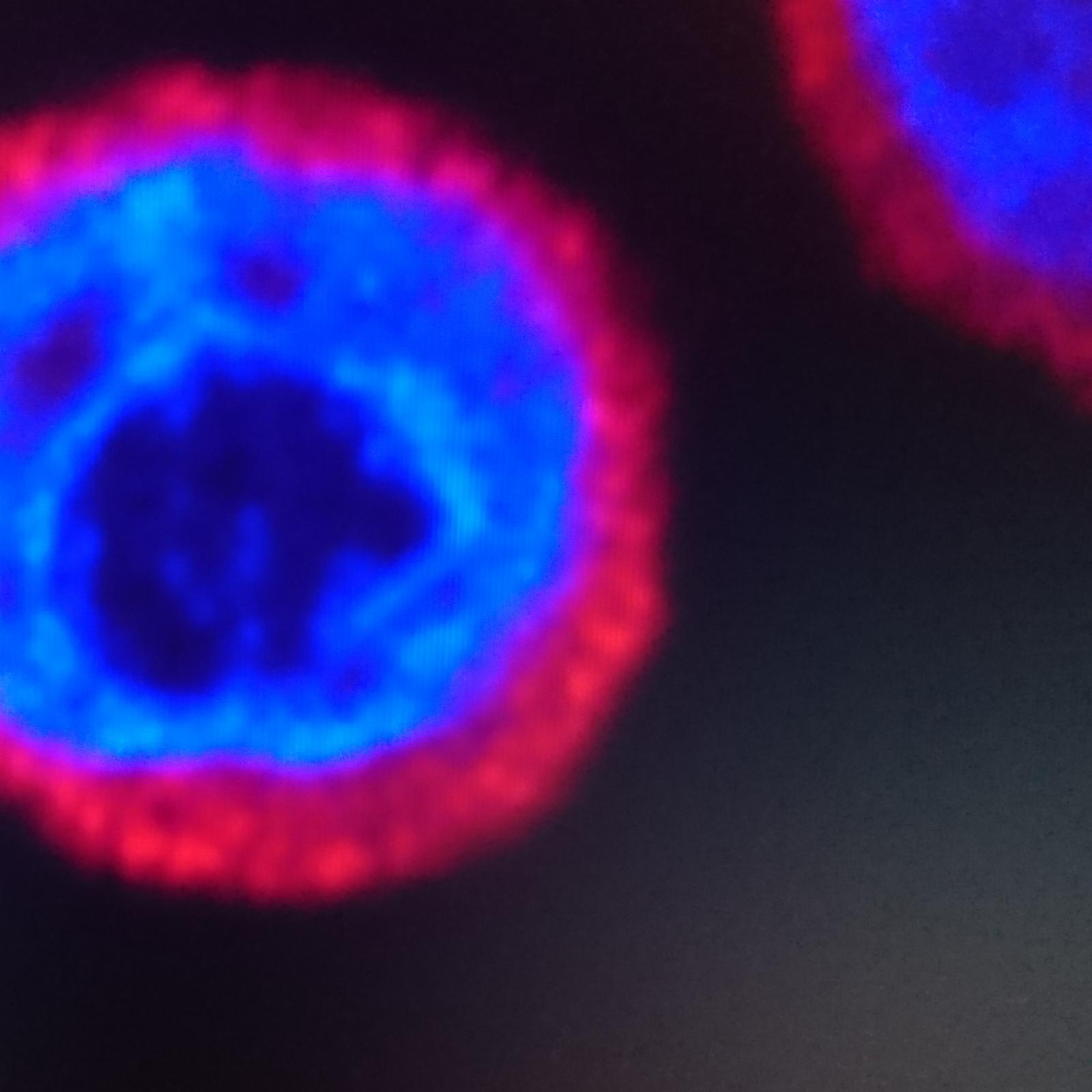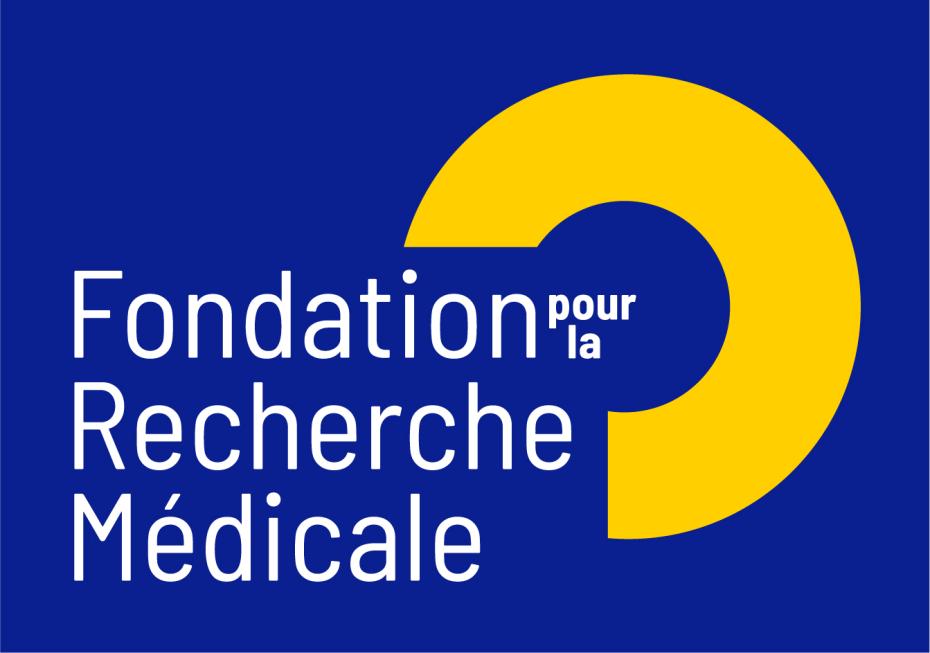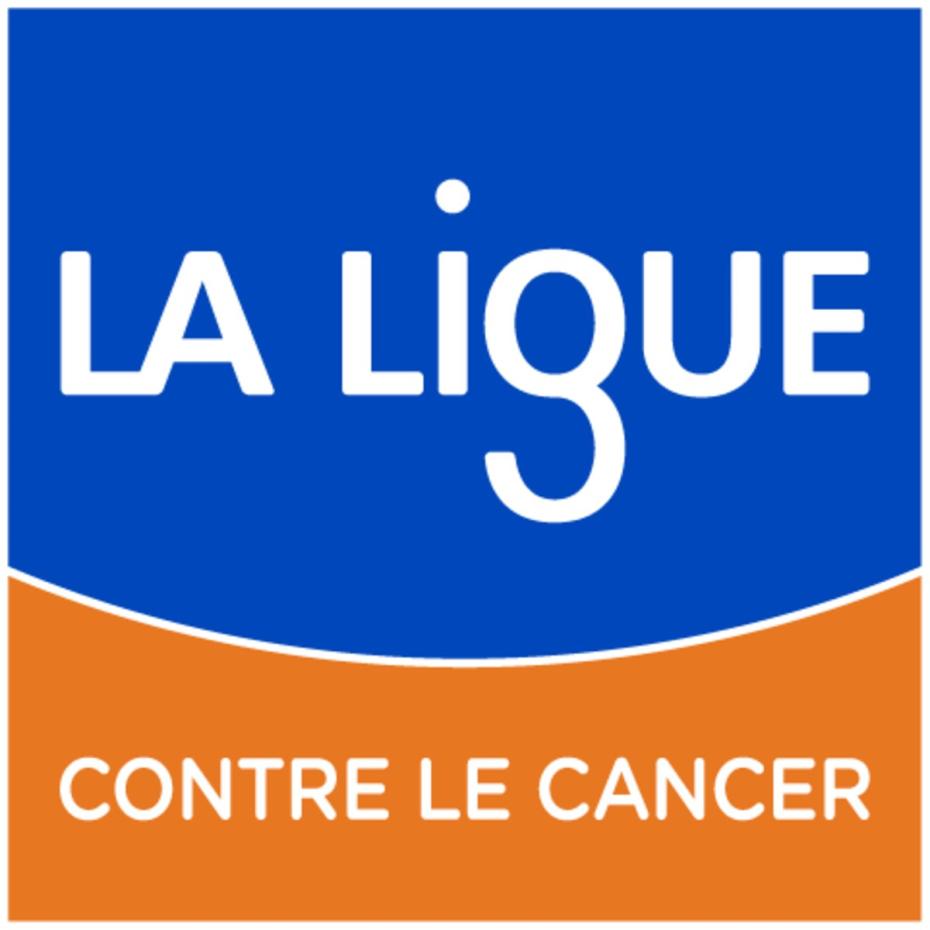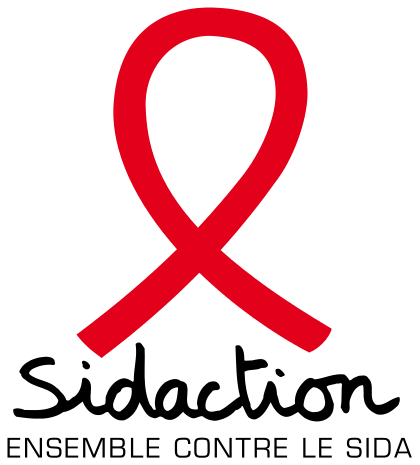Retrovirus, Infection and Latency
The retroviruses that infect humans are responsible for very serious chronic diseases such as AIDS (HIV) or certain blood cancers (HTLV-1). Our team is trying to understand how these viruses manipulate cells to spread and survive, and conversely, how cells try to resist infection.
In humans, the pathogenic retroviruses are the human immunodeficiency viruses HIV (HIV-1 and HIV-2), of the lentivirus genus, responsible for AIDS and the T-lymphotropic virus type 1, HTLV-1, of the genus of deltaretroviruses, responsible for adult T lymphoid leukemia and a neuromyelopathy called "tropical spastic paraparesis". Our team is interested in the relationship between HIV or HTLV-1 and the host, in particular by studying how these two retroviruses modify the cell they infect and conversely how the cell defends itself against these infections. We are also exploring the phenomenon of viral latency allowing the formation of "reservoir" cells, in which viruses are invisible to the host's response. We approach these themes from both a fundamental and clinical point of view by developing the following 3 themes:
- Florence Margottin-Goguet’s group: HIV, restriction factors and latency
- Claudine Pique’s Group: HTLV-1 / HIV-1: viral transcriptions and host cell modifications
- Véronique Avettand-Fenoel’s Group: Reservoirs of HIV, Physiopathological and clinical approaches




























